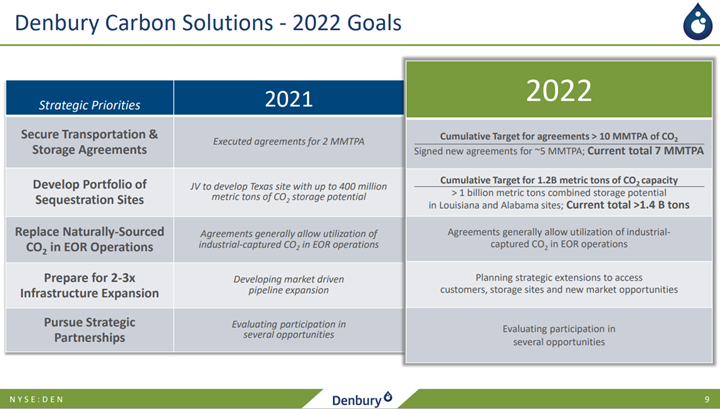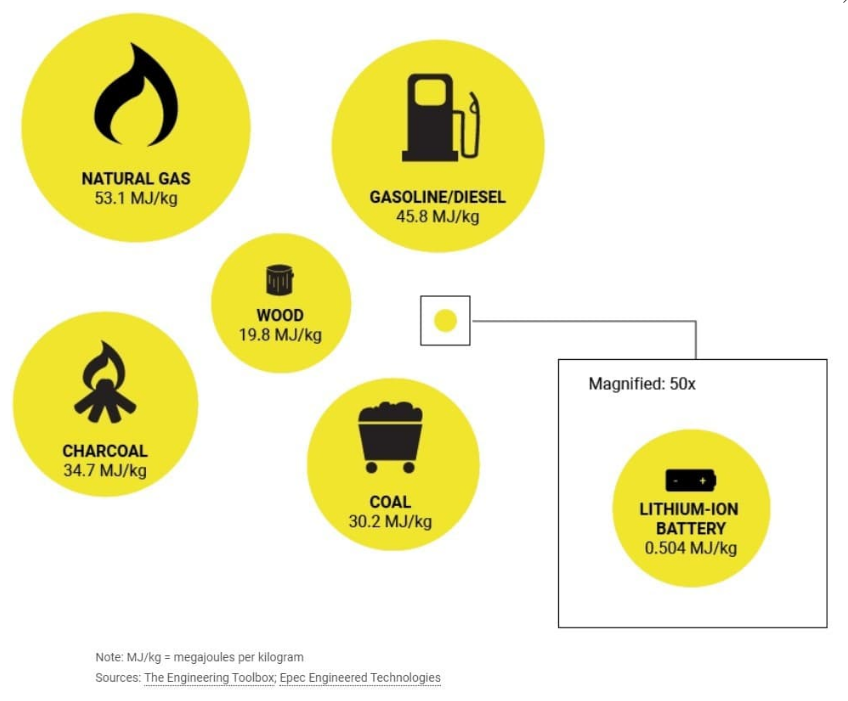We are seeing a flood of CCUS announcements in the US in 2022, but they look like “gathering” exercises at this stage rather than projects that are ready for FID. Companies are chasing potential pore space and, like Talos, leasing onshore and offshore (mainly offshore) acreage, where they believe opportunities exist to sequester CO2. These announcements sometimes include firm commitments from companies that have CO2 surpluses and sometimes are more speculative. At this stage, it seems like a “land grab” and “customer grab”. There is wide agreement that the incentive structure in the US – centered around the 45Q tax credit scheme – is not enough to drive much real investment, unless it can be stacked with other credits like the LCFS structure, which only applies to fuels in California today. We see the land grab as relatively low-cost and low-risk positioning in the hope that incentives or economics change. There are some instances where investments will go ahead, and these will focus on processes that have a reasonably low cost of carbon capture – fermentation, urea, natural gas clean-up for LNG, and a handful of other processes. The LSB Industries announcement for Arkansas, highlighted this week, is likely an example of where the economics work even if LSB cannot get much of a premium for the low-carbon urea.
CCS And Plastic Recycling Ambitions Running High
May 5, 2022 12:31:00 PM / by Graham Copley posted in Carbon Capture, Recycling, LNG, CCS, CO2, natural gas, fermentation, Talos, urea, low carbon, CCUS, Denbury, Plastics recycling, LSB Industries, Berry Global
Electric Planes Have Limited Use: Biofuels Are The Answer
Jul 22, 2021 2:06:58 PM / by Graham Copley posted in ESG, Hydrogen, Biofuels, decarbonization, Gevo, carbon credit, biofuel, Aemetis, carbon values, electric power, airline industry, energy density, Airbus, sustainable agriculture, low carbon biofuels, carbon-neutral biofuels, waste oil, vegetable oil, fermentation, low carbon fuel
The decarbonization of the airline industry remains a hot topic. The energy density issue shown in the exhibit below is a correct assessment of why commercial aviation faces a challenge to transition to electric power. Not only is the energy density too low - which restricts weight/range - but electric power can only turn things, and propellor-based flying has speed limitations relative to jets. The announcements from the airlines to date on electric power have focused on low capacity short-haul opportunities. With this in mind and as noted in the article headlining of the exhibit below, electric power is not the only decarbonizing option for airlines. Hydrogen is the very long-term future - Airbus is saying not before 2050, but in the meantime, the push should be for low carbon or carbon-neutral biofuels. These are essentially plug-in fuels that are identical to current aviation fuel but made either from waste oils or from carbohydrates. Many of the oil majors are working on waste oil or vegetable oil-based processes, especially in California where the LCFS credit helps pay for the conversion, and companies like Gevo and Aemetis are working on carbohydrate-based routes through fermentation. If the carbohydrate, corn in the case of Gevo, is sourced from sustainable agriculture the carbon values of the fuel can be very low and potentially zero or negative through the life cycle. The airlines are going to have to pay up for the low carbon fuel if they want to bid the fuel away from the high credit markets like California diesel and gasoline, but this route could decarbonize the airlines significantly and relatively quickly with the right pricing structure and enough capital.



